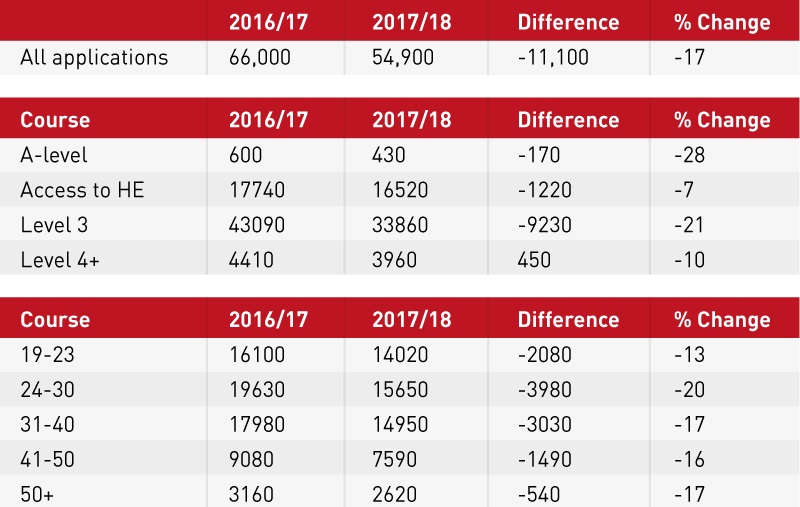The full membership of the first six T-level panels has been announced by the Department for Education.
The 187-strong membership encompasses a range of employers, training providers and college staff across 16 panels in the categories of ‘digital’, ‘education and childcare’, ‘construction’, ‘health and science’, ‘legal’, ‘financial and accounting’, and ‘engineering and manufacturing’.
This represents the first six classroom-based routes for the new classroom-based technical qualifications due to begin from 2021, though limited pathways will be available in 2020 for courses in ‘digital’, ‘education and childcare’ and ‘construction’.
Notable names announced include the head of software engineering at BBC Online Technology Group, Matthew Wood, who sits on the ‘software applications, design and development’ panel.
The head of apprenticeships at the Construction Industry Training Board, Gillian Cain, is on the ‘on-site construction panel’, while Newcastle College’s vice-principal Scott Bullock is on the ‘health’ panel.
The chief executive of the Chartered Banker Institute, Simon Thompson, will sit on the ‘financial’ panel, while the principal of UTC Sheffield, Alex Reynolds, joins the ‘design and development in engineering and manufacturing’ panel. The manager of emerging talent at Lloyds Banking Group, Damian Jacobs, will sit on the ‘data and business services’ panel.
They range in size, with 15 members on the ‘design and development’ and ‘maintenance, installation and repair’ panels in engineering and marketing, and just seven members on the ‘health’ panel.
The roles are all paid, with chairs receiving £2,000 per quarter while each member’s employer receives £1,000 per quarter. The chairs of the six panels were announced in October.
Still to be announced are the membership of panels for six routes due to begin from 2022: ‘hair and beauty’, ‘agriculture’, ‘environment and animal care’, ‘business and administrative’, ‘catering and hospitality’ and ‘creative and design’.

The membership of the four apprenticeship-only routes of ‘transport and logistics’, ‘sales, marketing and procurement’, ‘social care’ and ‘protective services’ is also still not known.
For the full membership of T-level panels for 2020 and 2021 delivery, click here.



